Does the old man have a nosebleed in winter, is it useless to eat more melons and fruits? Beware is a harbinger of this!
Recently, Lao Dai has a worry, always nosebleed, beginning to think that the winter weather is too dry, eating caused by anger.
To the Department of Cardiology of the third Hospital of Changsha City, he was diagnosed as nosebleed caused by hypertension. After a period of treatment, the blood pressure is under control and the nose no longer bleeds.
Uncontrolled blood pressure causes epistaxis.
Lao Dai is 46 years old and has a history of hypertension for more than 10 years. Apart from high blood pressure, there is nothing wrong with my body. I can eat and sleep.
However, this winter, Lao Dai has one more worry-nosebleed. At first, he thought it was caused by being too dry in winter or getting angry when eating. He increased the amount of water he drank every day, and consciously ate more fruits and vegetables and less hot food, but the number of nosebleeds did not decrease.
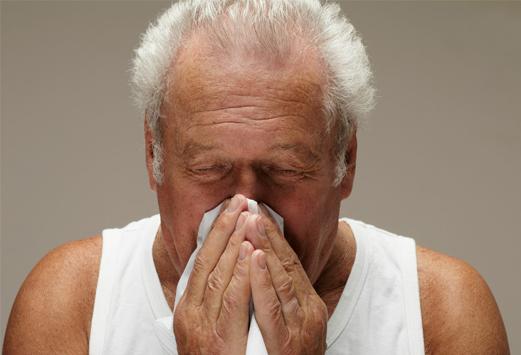
(network diagram, for reference only)
It was no problem to go to several hospitals to check his nose. A few days ago, he went to the Department of Cardiology of the third Hospital of Changsha City. Quan Yong, deputy director of the cardiovascular department of the hospital, found that the bleeding site of the patient was at the back of the nasal cavity, so he advised him to do ambulatory blood pressure. It was only then that he found that although Lao Dai had been taking antihypertensive drugs, his blood pressure had not been controlled and was not regularly monitored. Nosebleed was caused by high blood pressure.
Doctor Quan Yong adjusted the antihypertensive drugs for Lao Dai. after half a month of treatment, Lao Dai's blood pressure was controlled and nosebleed did not occur again.
Epistaxis caused by hypertension is usually located at the back of the nasal cavity.
The weather is dry in winter, and many people think it is "getting angry" with nosebleeds, but it is not. For middle-aged and elderly people with a history of hypertension, nosebleed in autumn and winter may be caused by high blood pressure.
Epistaxis is one of the common symptoms of nasal diseases, and its general bleeding site is in the area prone to bleeding in the anterior and inferior part of the nasal septum.
Zhang Yumin, director and chief physician of the Department of Cardiovascular Medicine in Changsha third Hospital, said that nosebleeds in middle-aged and elderly people over 40 years old are more common in the back of the nasal cavity, just like Lao Dai. The posterior part of the nose is easy to bleed, and it is also related to hypertension in the elderly.
Dry climate in winter, lack of moisture in the nasal cavity, many people blow their nose too hard, but also easily lead to rupture of blood vessels in the nasal cavity, the emergence of bleeding.
Recurrent epistaxis is a precursor of cerebral hemorrhage
Zhang Yumin said that with the increase of age, the incidence of hypertension is also increasing, and the incidence of nosebleed caused by hypertension is also significantly increased.
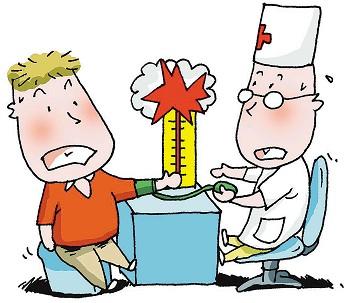
(network diagram, for reference only)
It is worth warning that repeated epistaxis is a precursor of cerebral hemorrhage, which is due to the hardening of blood vessels in the nasal cavity of the middle-aged and elderly, the proliferation of fibrous tissue of the blood vessel wall, the decrease of the elasticity of the blood vessel wall, and the increase of brittleness. Before the blood pressure rises and the cerebral blood vessel is not ruptured, a blood vessel in the nasal cavity will rupture and epistaxis will occur. The blood pressure of patients with hypertension must be monitored regularly during medication.
The key to the treatment of hypertensive epistaxis is to control the blood pressure. Zhang Yumin reminded the general public that patients with hypertension must regularly monitor their blood pressure during medication. If there are large fluctuations, please consult a specialist in the hospital in time.
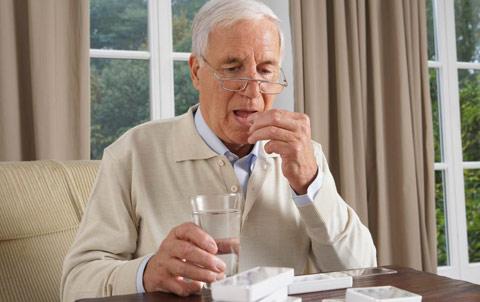
(network diagram, for reference only)
In addition, if patients with hypertension want to control their blood pressure, they must adhere to a healthy lifestyle for a long time: first, a light diet is very important, and it is recommended that no more than 6 grams of salt should be eaten every day; secondly, eat less greasy food and eat more fresh fruits and vegetables; third, control weight and exercise properly; fourth, avoid fatigue and maintain a good state of mind.
She suggested that patients with hypertension must take drugs under the guidance of specialists and should not adjust the dosage without authorization.
(edit DBC)
Special author of Hunan Medical chat: Xiao Xiaoxia and Wang Zefang of the third Hospital of Changsha City
Hunan medical chat is original, please indicate the source when reproduced.
Provide authoritative, interesting, practical and timely health science information every day to harvest health and happiness together. "10-second appointment" Pediatrician "Zhang Di?!" Click "learn more" and you will know!
- Prev
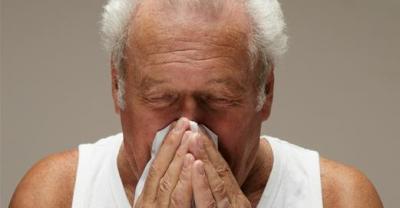
Which is more nutritious than the frozen fruits and vegetables or the fresh ones?
Grass-roots influence New Vision Tian Chunhui in the eyes of most people, melons, fruits and vegetables are naturally as fresh as possible, but is this really the case? Related research form.
- Next
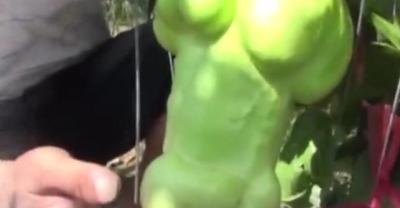
Come to the Expo to identify all kinds of vegetables, melons and fruits.
I remember that the last time I went to the vegetable park, I was very impressed. I really wanted to go again. Although it has not been achieved, it has recently been held in Guangzhou.
Related
- Moge, come on! The staff of the peasant association in the producing area of cantaloupe were frightened when the crowd gathered.
- Causes and Solutions of low Fruit setting rate of Apple
- Symptoms and control measures of passion fruit virus disease
- Fruit growing lesson: how do apple orchards keep high yields?
- Can you build orchards in the mountains? What are the pros and cons?
- How to manage the coloring period of Crisson grape?
- This paper introduces the processing technology of two kinds of fig products.
- How much is a month for retired teachers in rural areas by 2020?
- How can strawberry planting increase sugar content? We should pay attention to management in many aspects.
- What are the cultivation techniques on how to improve the yield of golden fruit?

